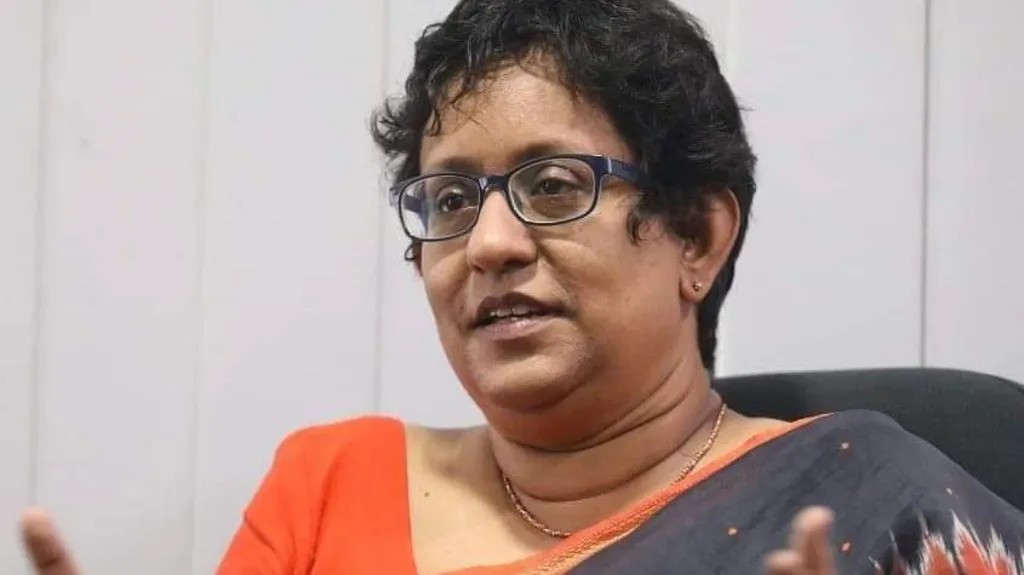Sri Lanka’s new president has chosen his prime minister – selecting a woman for the third time in the country’s history.
Anura Kumara Dissanayake named former university lecturer-turned-MP Harini Amarasuriya as prime minister on Tuesday – also giving her ministerial responsibility for justice, education and labour.
Both are part of the left-leaning National People’s Power alliance, which has just three seats in Sri Lanka’s 225 seat parliament.
BBC – September 24, 2024
The remaining interim cabinet roles were shared out between the party’s two other MPs, as speculation continued to mount over a potential parliamentary election being called in the coming days.
“We will have the smallest cabinet in the history of Sri Lanka,” party member Namal Karunaratne told reporters on Tuesday, according to news agency AFP, adding that parliament could be dissolved “within the next 24 hours”.
Dissanayake had previously signalled he would dissolve parliament soon after being elected as there was “no point continuing with a parliament that is not in line with what the people want”.
Dissanayake, who has drawn increasing support in recent years for his anti-corruption and anti-poverty policies, won the country’s first election since its economy collapsed in 2022 at the weekend.
It was a remarkable turnaround for a politician who won just 3% in the 2019 presidential election.
Amarasuriya campaigned alongside him in 2019, before being elected as an MP the next year.
Her career as a public activist started in 2011, when she participated in protests demanding for free education.
The 54-year-old has since become known for her advocacy for youth development, child protection and gender inequality, among other social justice issues.
Her appointment as Sri Lanka’s 16th prime minister makes her the first academic to take office. She follows in the footsteps of just two other women – Sirimavo Bandaranaike and Chandrika Bandaranaike Kumaratunga – both of whom had family ties to politics. A woman has not held the role since 2000.

